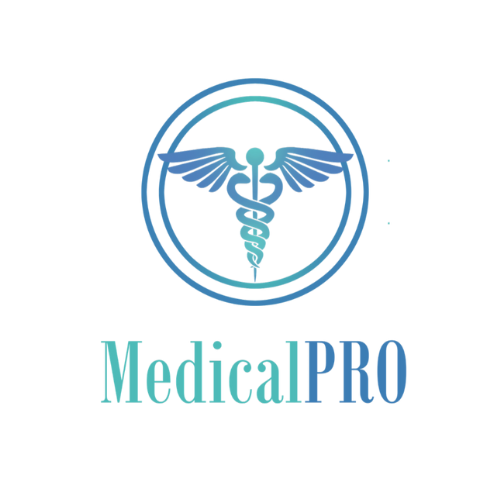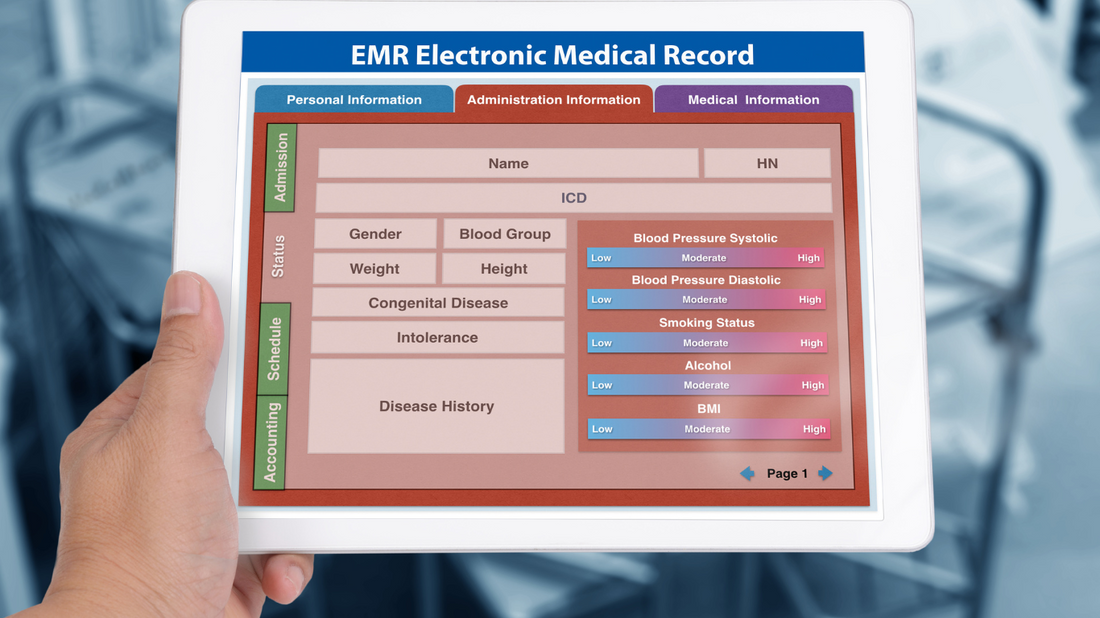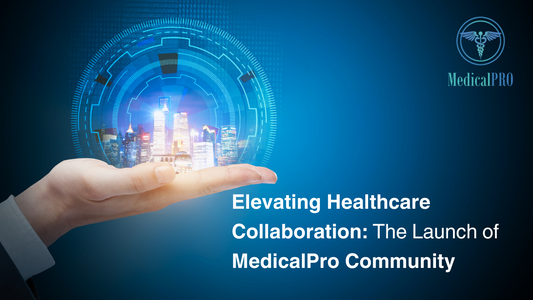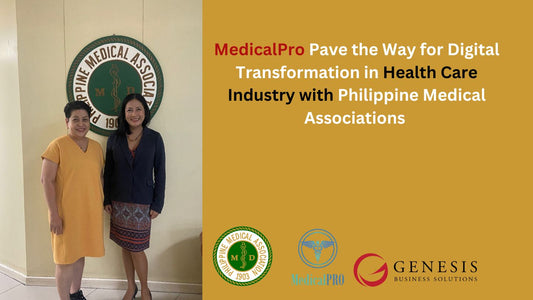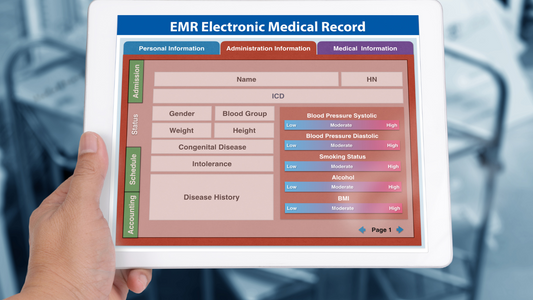The adoption of Electronic Medical Records (EMR) has emerged as a cornerstone of operational excellence and patient-centric care. EMRs represent a paradigm shift from traditional paper-based record-keeping to a sophisticated digital platform that revolutionizes the way medical data is managed, accessed, and utilized. In this comprehensive guide, we delve into the multifaceted world of EMRs, exploring their significance to healthcare practitioners, the imperative for elevating operational standards through their utilization, and the compelling value proposition they offer.
What is EMR?
An Electronic Medical Record (EMR) is a digitized repository of patient health information, encompassing medical histories, diagnoses, treatment plans, medications, laboratory results, and more. Unlike cumbersome paper records of yesteryears, EMRs offer a centralized, accessible, and secure means of capturing, storing, and retrieving vital patient data. This transformative technology streamlines administrative processes, enhances clinical decision-making, and fosters seamless collaboration among healthcare stakeholders.
The Significance of EMR to Healthcare Practitioners:
The advent of EMRs heralds a new era of efficiency, accuracy, and patient-centered care for healthcare practitioners. Here's why EMRs hold profound significance in the professional landscape:
- Streamlined Workflow: EMRs empower practitioners to optimize their workflow by automating routine tasks, such as appointment scheduling, charting, and prescription management. By eliminating manual paperwork and administrative burdens, clinicians can devote more time and attention to delivering high-quality patient care.
- Enhanced Clinical Decision-Making: With comprehensive patient data at their fingertips, healthcare practitioners can swiftly and effectively make informed, evidence-based decisions. EMRs enable real-time access to critical information, facilitating accurate diagnoses, personalized treatment plans, and proactive intervention strategies.
- Improved Care Coordination: Collaboration lies at the heart of effective healthcare delivery, and EMRs catalyze seamless care coordination. With integrated communication tools and shared access to patient records, multidisciplinary care teams can collaborate effortlessly, ensuring continuity of care and optimal patient outcomes.
- Data-Driven Insights: In the era of big data, EMRs unlock invaluable insights that drive quality improvement initiatives and clinical innovation. By harnessing advanced analytics capabilities, practitioners can identify trends, monitor population health metrics, and identify opportunities for enhancing care delivery and resource allocation.
Why Healthcare Practitioners Need to Elevate Their Operations and Embrace EMR:
The imperative for healthcare practitioners to embrace EMRs transcends mere operational efficiency—it's about adopting a transformative approach to patient care and practice management. Here's why the elevation of operations through EMR adoption is non-negotiable:
- Enhanced Patient Safety and Quality of Care: EMRs serve as a bulwark against medical errors and adverse events by ensuring the accuracy, completeness, and accessibility of patient information. By minimizing documentation errors, drug interactions, and diagnostic discrepancies, EMRs safeguard patient safety and uphold standards of care excellence.
- Regulatory Compliance and Risk Mitigation: Compliance with stringent data privacy and security mandates is paramount in an increasingly regulated healthcare landscape. EMRs offer robust safeguards to ensure compliance with regulations such as HIPAA and GDPR, mitigating the risk of breaches, fines, and legal liabilities.
- Optimized Resource Utilization: From time and resource management to revenue cycle optimization, EMRs empower practitioners to streamline operations and maximize efficiency across the care continuum. By automating billing processes, reducing administrative overhead, and optimizing resource allocation, EMRs drive financial sustainability and practice viability.
- Future-Proofing Healthcare Delivery: In an era of rapid technological advancement and evolving patient expectations, EMRs represent a strategic investment in the future of healthcare delivery. By embracing digital transformation and harnessing the power of data-driven insights, practitioners can future-proof their practices and adapt proactively to emerging trends and challenges.
In conclusion, Electronic Medical Records (EMRs) represent far more than a mere technological innovation—they embody a fundamental shift in the paradigm of healthcare delivery. By embracing EMRs, practitioners can unlock new operational efficiency, clinical excellence, and patient-centric care dimensions. The value proposition of EMRs is unequivocal: enhanced productivity, improved outcomes, and a sustainable path to practice success. It's time to embark on this transformative journey and harness the full potential of EMRs to propel your practice into the future of healthcare.
Ready to embark on your EMR journey and unlock the full potential of digital transformation in your practice? Please schedule a consultation with our experts today to explore how EMRs can revolutionize your operations, elevate patient care, and drive practice success. Don't miss out on the opportunity to embrace the future of healthcare delivery—contact us now to schedule your personalized EMR assessment and take the first step towards transformative change.
